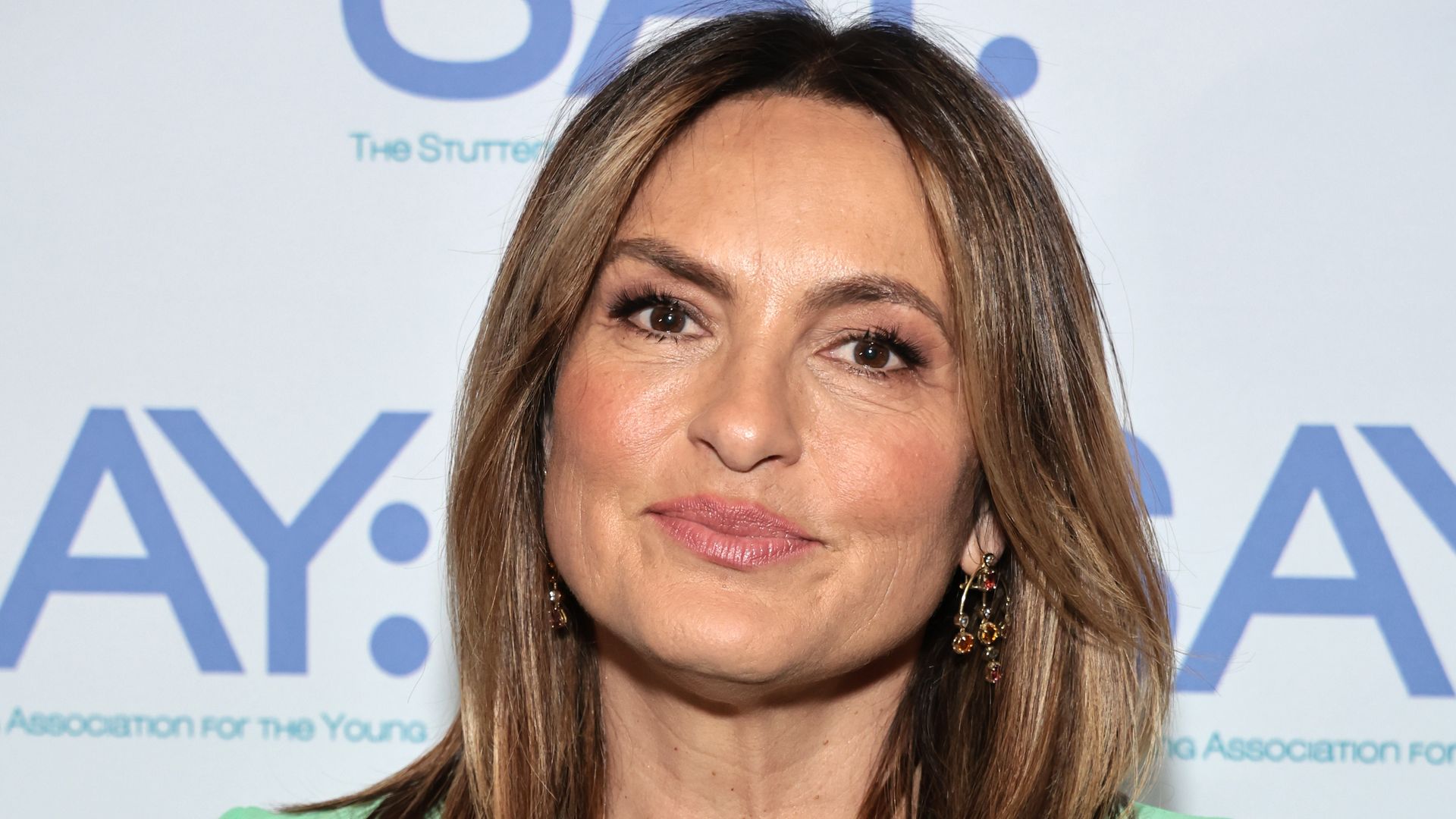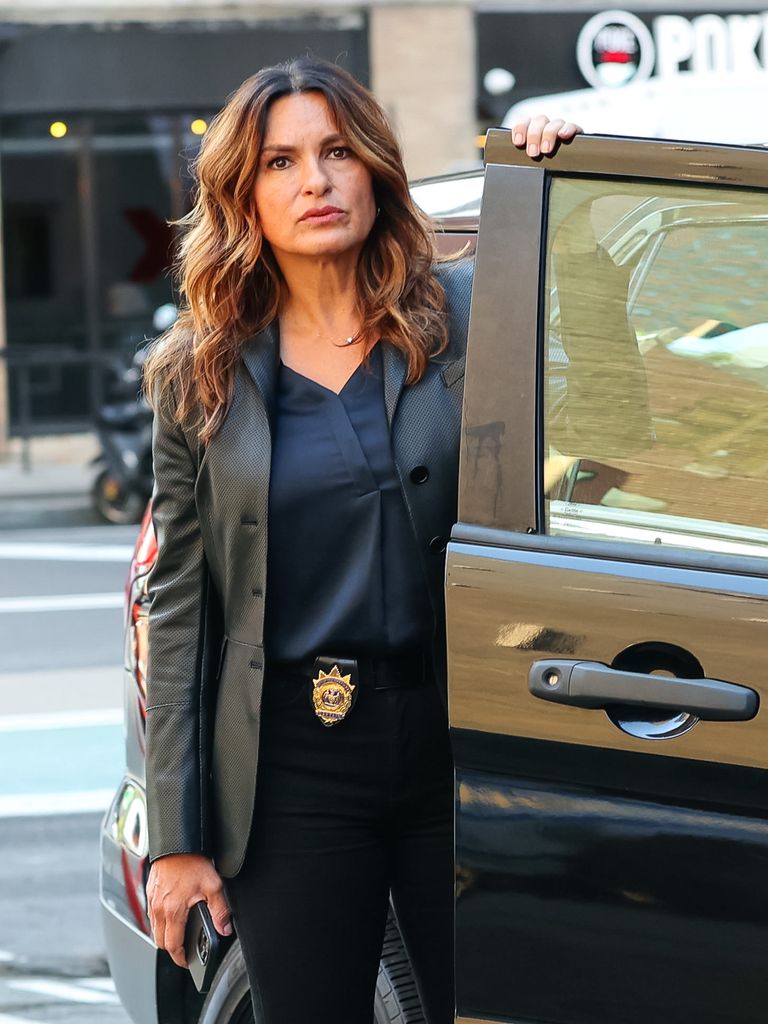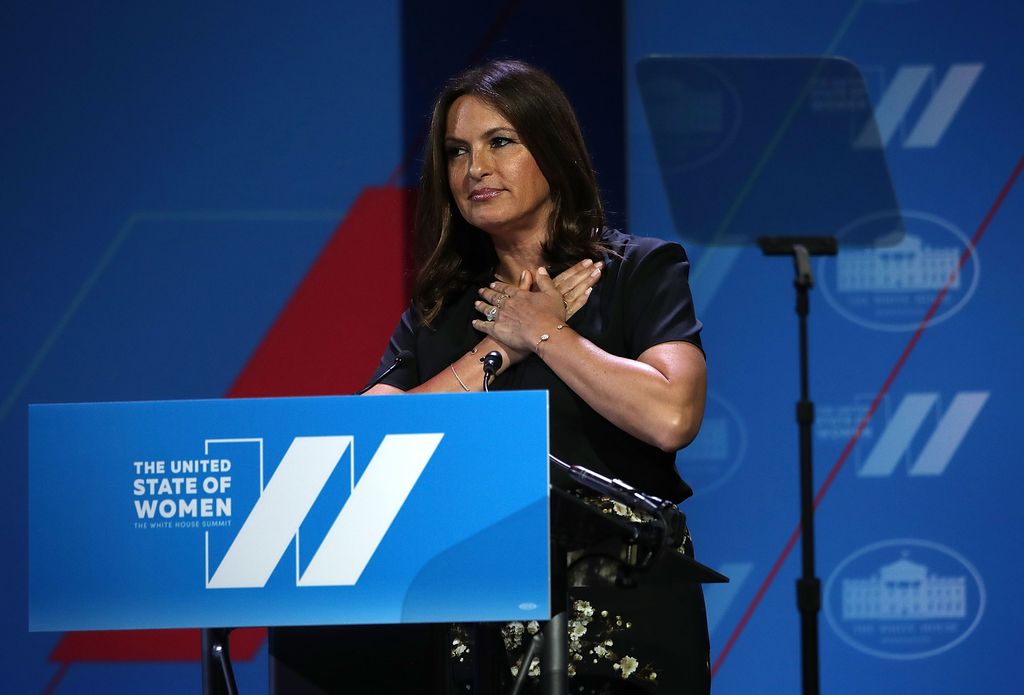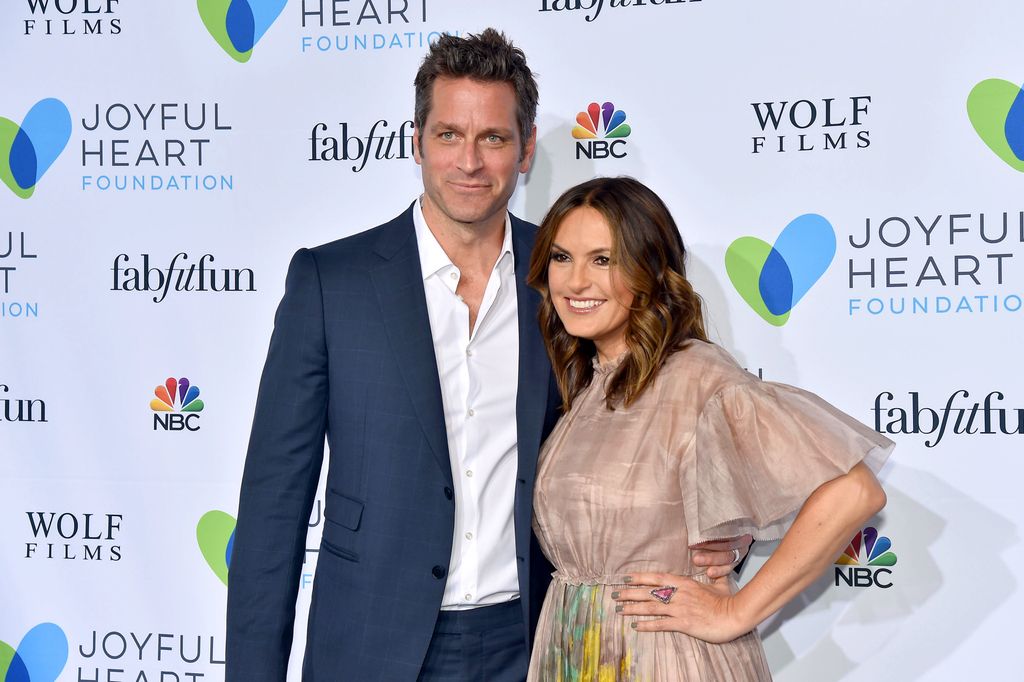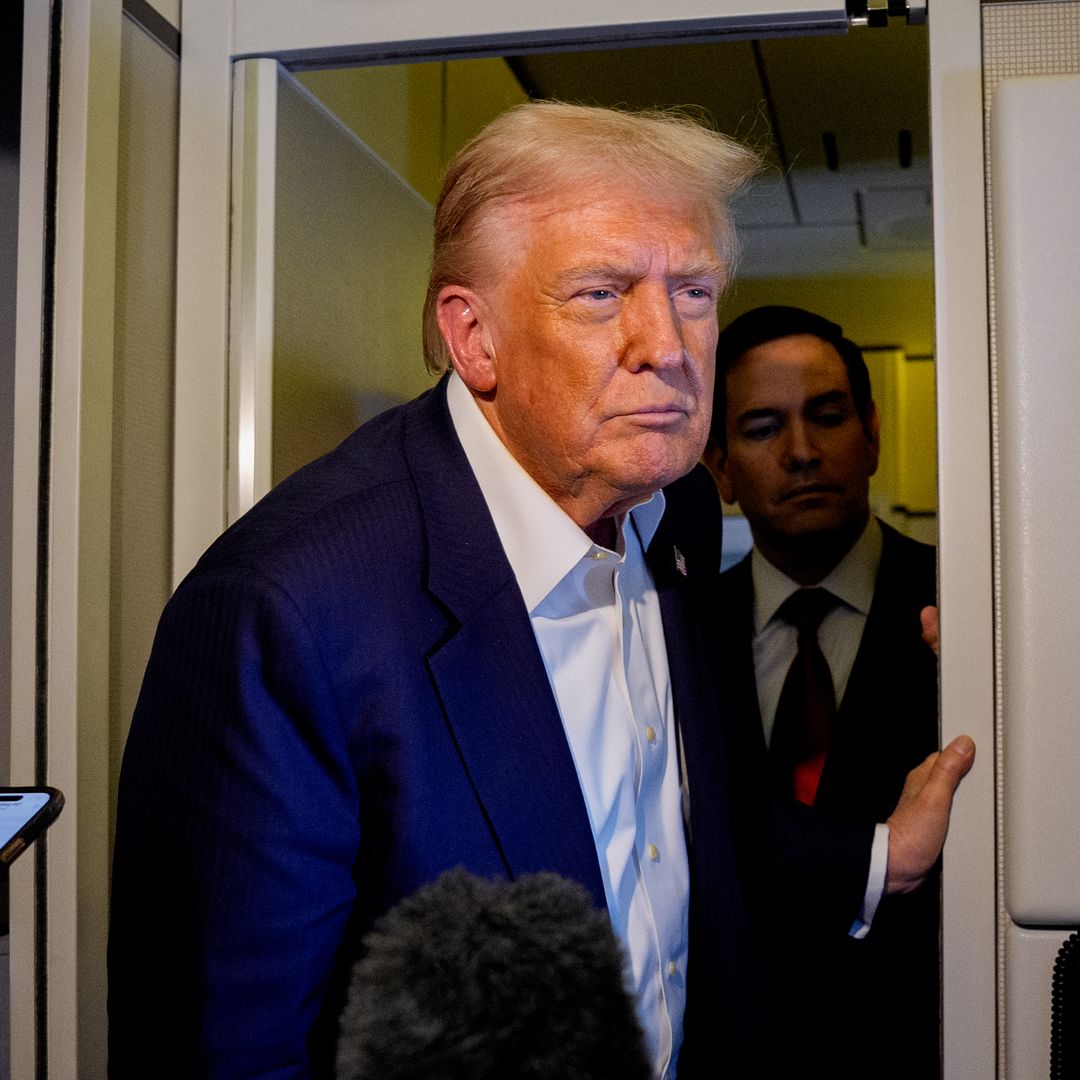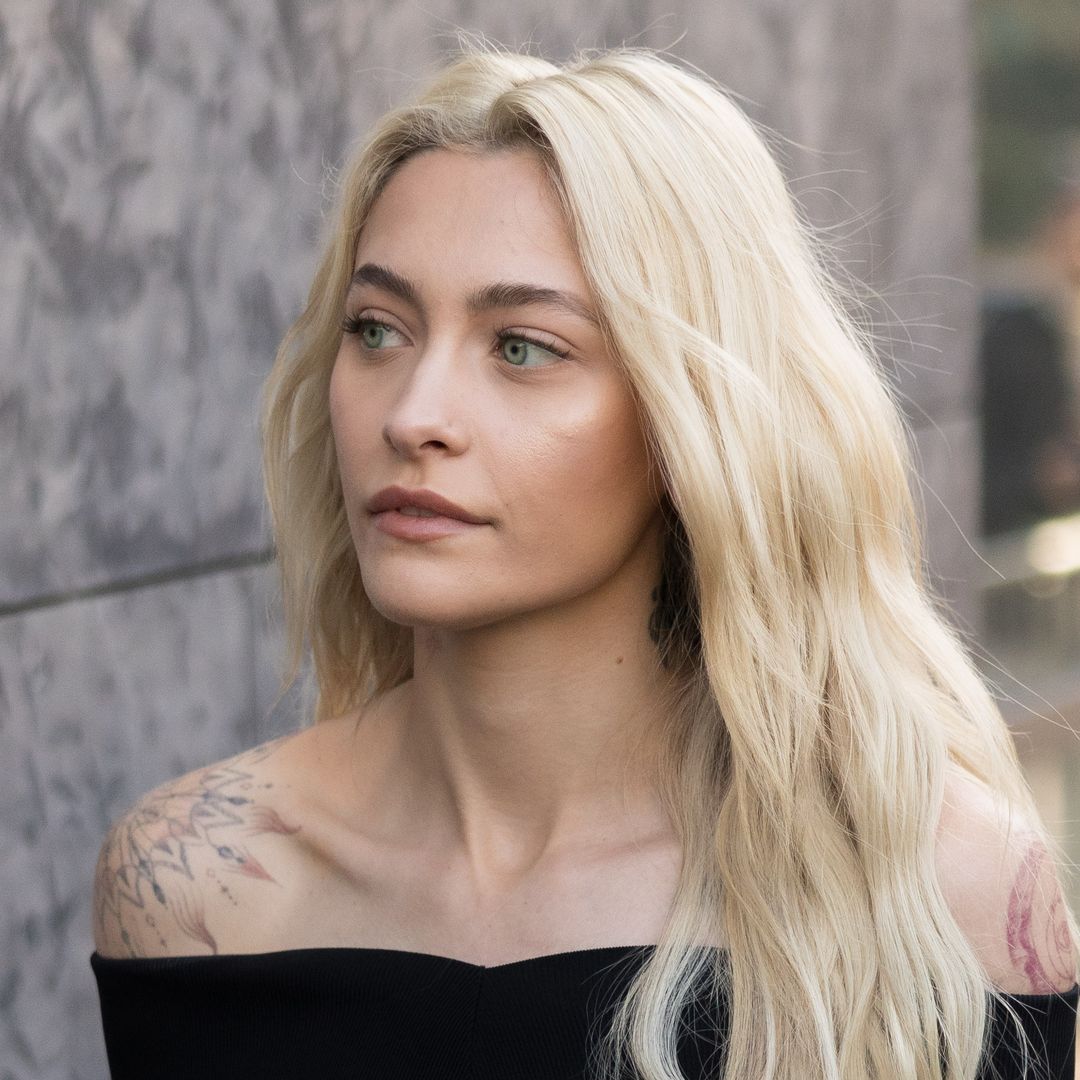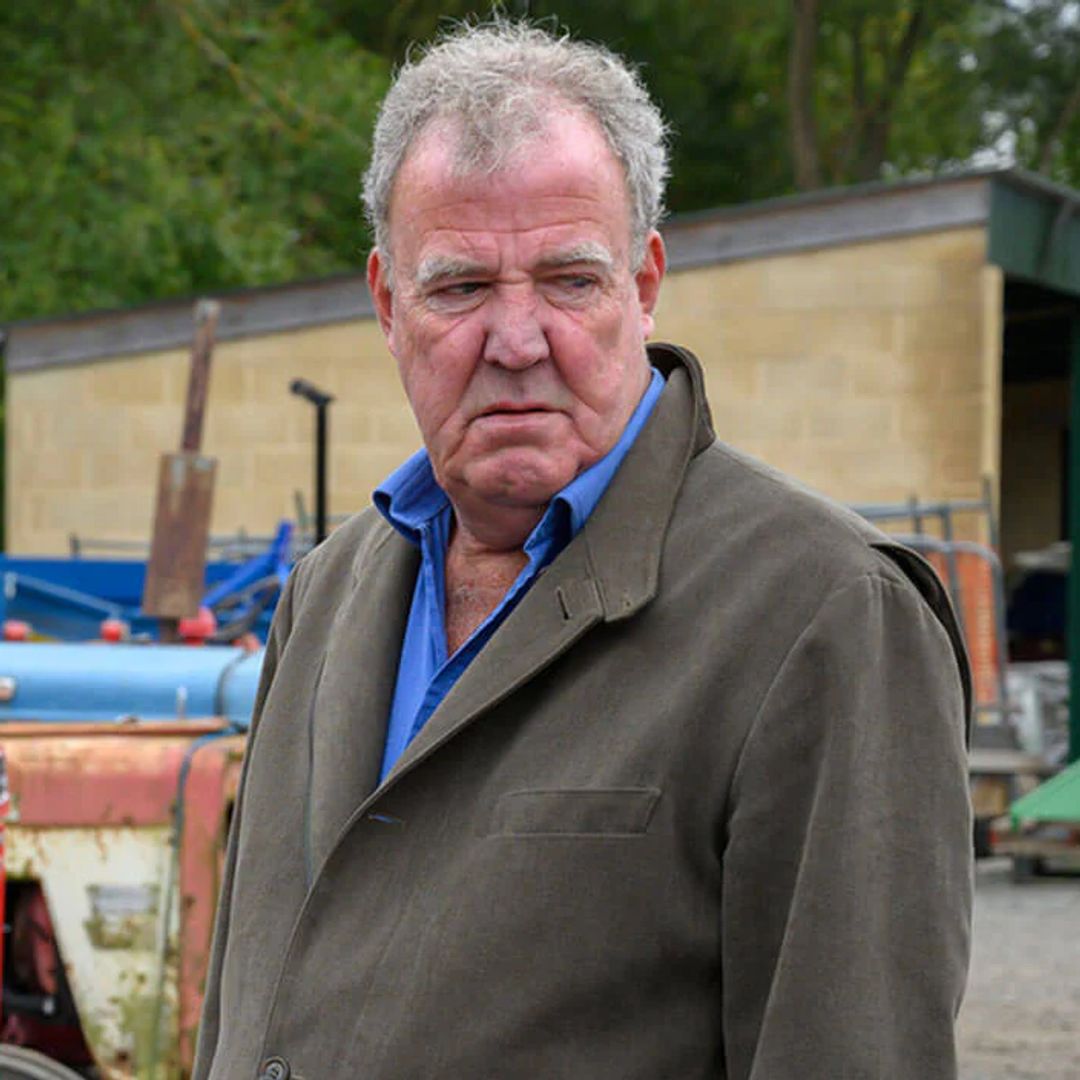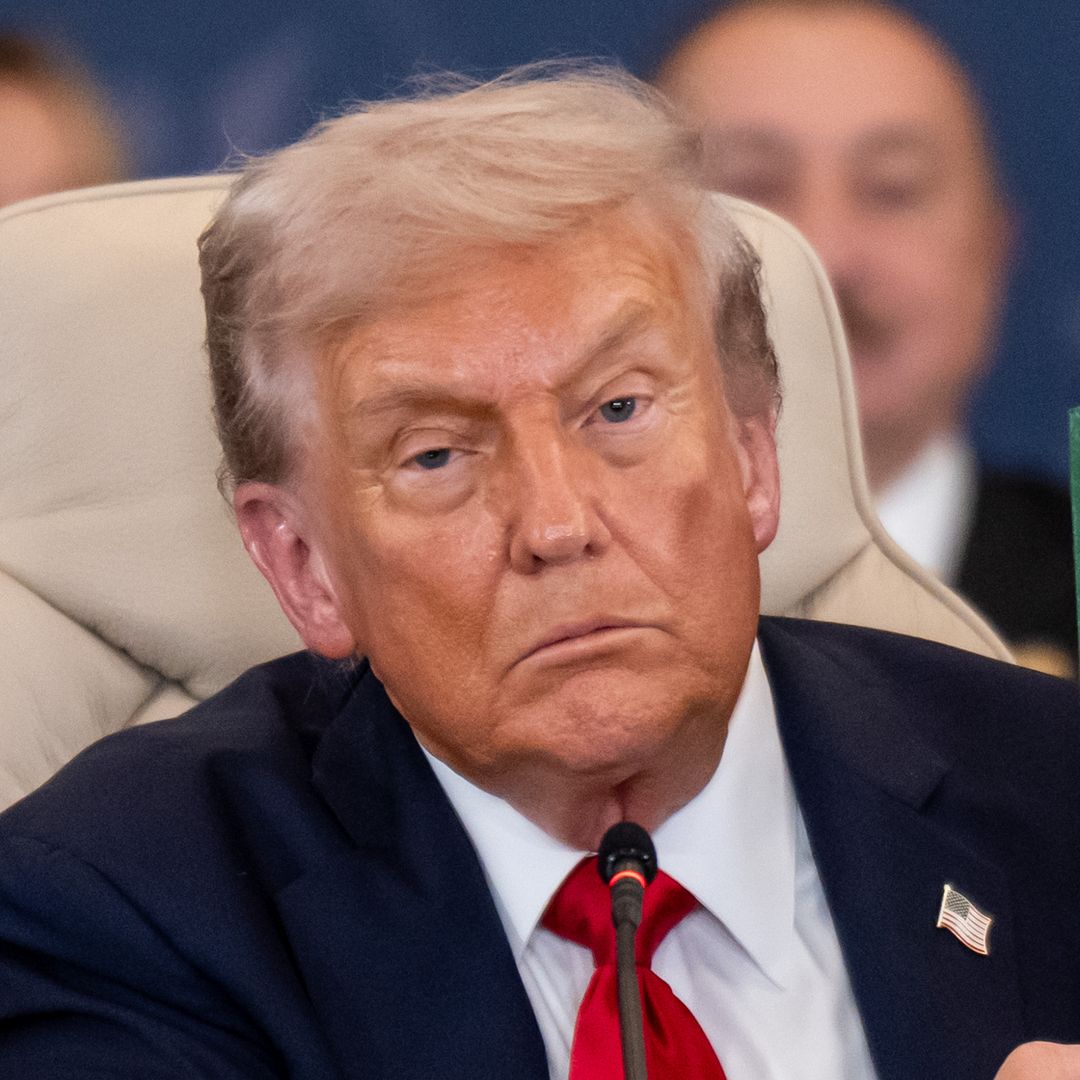Mariska Hargitay is opening up for the first time about experiencing sexual violence at the hands of a man she once considered a friend.
The Law & Order: SVU star penned a thoughtful, first-person essay for People's latest cover, celebrating her 25th year starring as the beloved Olivia Benson in the long-running detective drama.
Speaking publicly for the first time about the devastating experience, the NBC mainstay detailed how she came to terms with it.
"A man raped me in my thirties," Mariska first revealed, adding: "It wasn't sexual at all. It was dominance and control. Overpowering control."
She then recalled: "He was a friend. Then he wasn't. I tried all the ways I knew to get out of it. I tried to make jokes, to be charming, to set a boundary, to reason, to say no. He grabbed me by the arms and held me down. I was terrified.
"I didn't want it to escalate to violence. I now know it was already sexual violence, but I was afraid he would become physically violent. I went into freeze mode, a common trauma response when there is no option to escape. I checked out of my body."
Mariska then went into detail about the difficulty she had processing what had happened to her, explaining: "I couldn't believe that it happened. That it could happen. So I cut it out. I removed it from my narrative," before noting: "I now have so much empathy for the part of me that made that choice because that part got me through it. It never happened. Now I honor that part: I did what I had to do to survive."
While she found it difficult to come to terms with her own experience, she did spring into action nonetheless, and turned to creating Joyful Heart, the foundation she founded in 2004 – inspired by the contents of her SVU scripts – to raise awareness and help survivors of sexual abuse.
In her essay, Mariska further explained needing to "see what healing could look like" through her work with Joyful Heart, so she could "do the work on the inside."
MORE: Mariska Hargitay shares unseen photo from wedding to Peter Hermann
She also opened up about how her husband Peter Hermann's support came into play, especially in combating her efforts to diminish what had happened to her.
"I minimized it," she wrote, before noting how her husband remembered her trying to reason with: "I mean, it wasn't rape," though she then added: "Then things started shifting in me, and I began talking about it more in earnest with those closest to me. They were the first ones to call it what it was. They were gentle and kind and careful, but their naming it was important. It wasn't a confrontation, like 'You need to deal with what happened,' it was more like looking at it in the light of day: 'Here is what it means when someone rapes another person, so on your own time, it could be useful to compare that to what was done to you.'"
She ultimately declared: "Now I'm able to see clearly what was done to me. I understand the neurobiology of trauma. Trauma fractures our mind and our memory. The way a mirror fractures," adding: "That's why I've talked so much about acquaintance rape, because many people still think of rape as a man jumping out of the bushes. This was a friend who made a unilateral decision."
Mariska continues to be a steadfast advocate for survivors and efforts to end sexual violence, and further wrote: "I want this violence to end. Sexual violence persists not because of something unchangeable in our human condition, it exists because power structures are in place that allow it to happen. Those power structures are so pervasive that no one is immune from them."
She maintained: "As for justice, it's important to know that it may look different for each survivor. For me, I want an acknowledgment and an apology. 'I'm sorry for what I did to you. I raped you. I am without excuse.' That is a beginning."
If you or someone you know has been affected by sexual violence, you are not alone. Help is available 24/7 through the National Sexual Assault Hotline at 1-800-656-HOPE or visit the Online Hotline, y en español a rainn.org/es.
